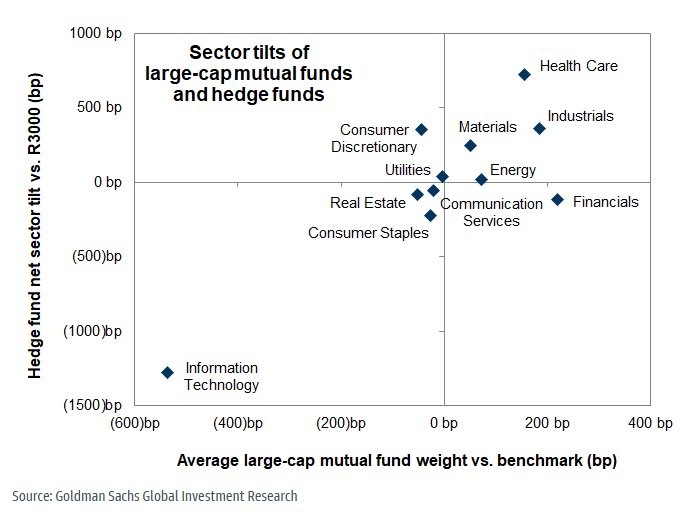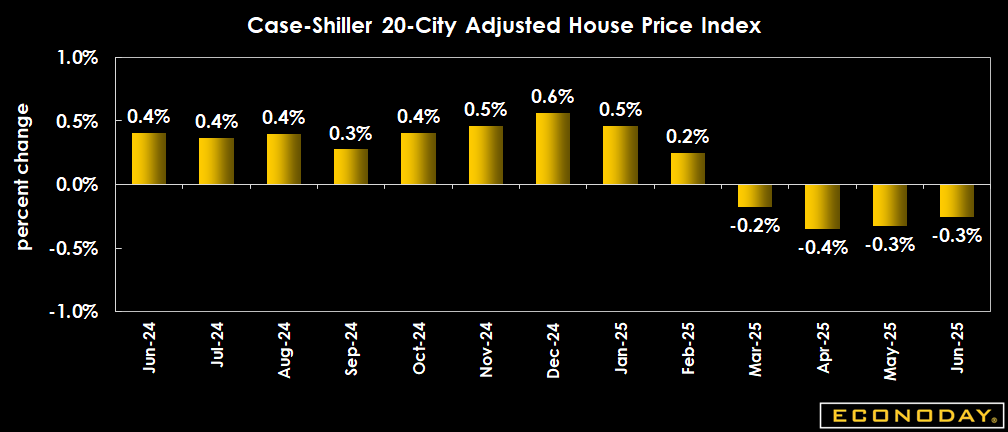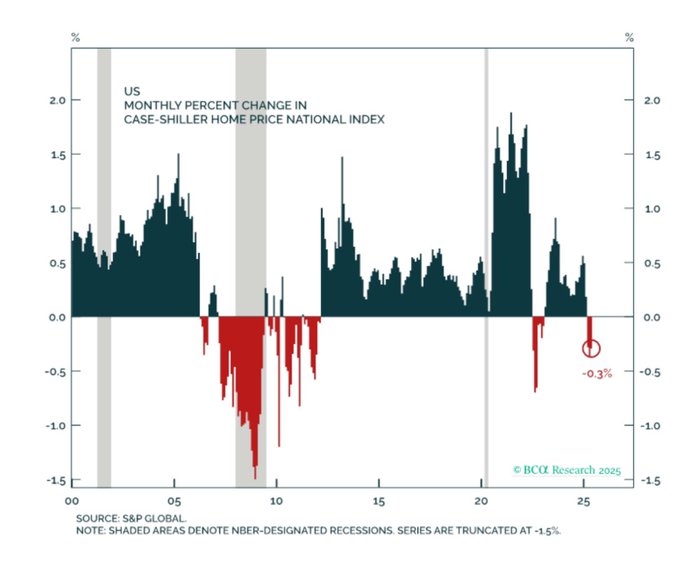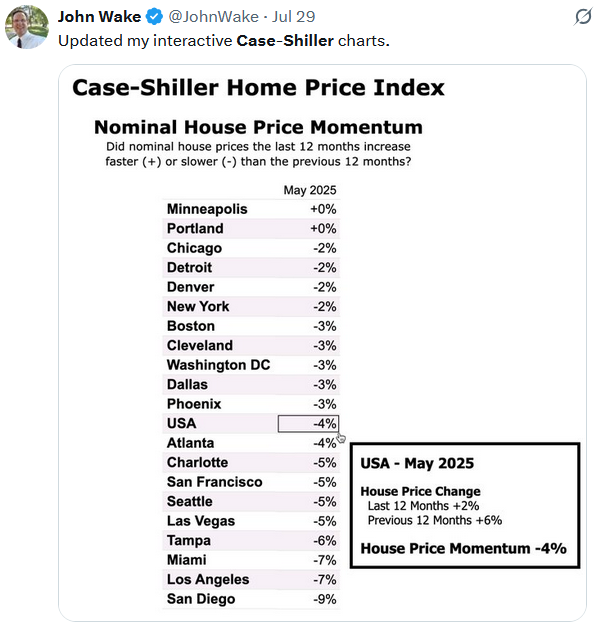Novo Nordisk, Eli Lilly fall after Trump comments on weight loss drug pricing
We have written a few commentaries over the last year describing how retail, not institutional, investors are driving markets higher. To wit, there is ample evidence that with each market dip, retail investors are not selling, instead buying unrelentingly.
In May, we wrote the following: Typically, institutional investors are right; however, over the last few years, retail has proven to be the smarter money. However, it’s worth considering that if retail investors are still the “dumb money” and professionals the “smart money”, the graph below has significant implications.
The scatter plot from Goldman Sachs shows the average sector weightings of large-cap mutual funds and hedge funds, i.e., institutional investors, versus how the sectors are weighted in the broad Russell 3000 index. As shown, the “smart money” is most enthusiastic about the healthcare and industrials sectors.
Healthcare valuations are trading at 20-year lows versus the S&P 500, as investors have shunned some value sectors. Instead, the Magnificent Seven, high-growth technology, crypto-related companies, and power grid infrastructure stocks have garnered the most investment flows. Despite the popularity of technology stocks, both hedge funds and mutual funds are holding less than the market weights in the technology sector.
More simply, retail is exceedingly enthusiastic about technology and not biting on cheap healthcare valuations. At the same time, as we show, professionals are shunning technology in favor of healthcare. Again, we must ask - Smart Money or Dumb Money: Who Will be Right

Home Prices Weaken Furthering Arguments For A Rate Cut
The well-followed Case-Shiller 20-city house price index fell for the fourth month in a row. With the latest data, national home prices are up a mere 2.14% on a year-over-year basis. Interestingly, those cities that have been lagging in home price increases, like Chicago and New York, saw gains of 6% and 7%, year over year, respectively.
Conversely, the "hot" markets like Tampa, Phoenix, Denver, and Dallas are all reporting negative price changes over the last year. As the second graph below shows, price declines are somewhat rare. The only two prior instances were before and during the 2008 Financial Crisis and shortly after the steep run during the pandemic.
The data is very important for Fed policy for two reasons. First, home prices contribute to shelter prices, which account for about 40% of CPI. Given that CPI still shows shelter prices rising by about 4% annually, while rental prices are flat to falling and home prices are declining, this will exert negative pressure on CPI to counter tariffs.
Second, housing-related activity contributes about 15% to GDP. Given that housing is weakening inflation and dampening the economy, the recent Case-Shiller home price data should provide further rationale for the Fed to cut rates.


Tweet of the Day

